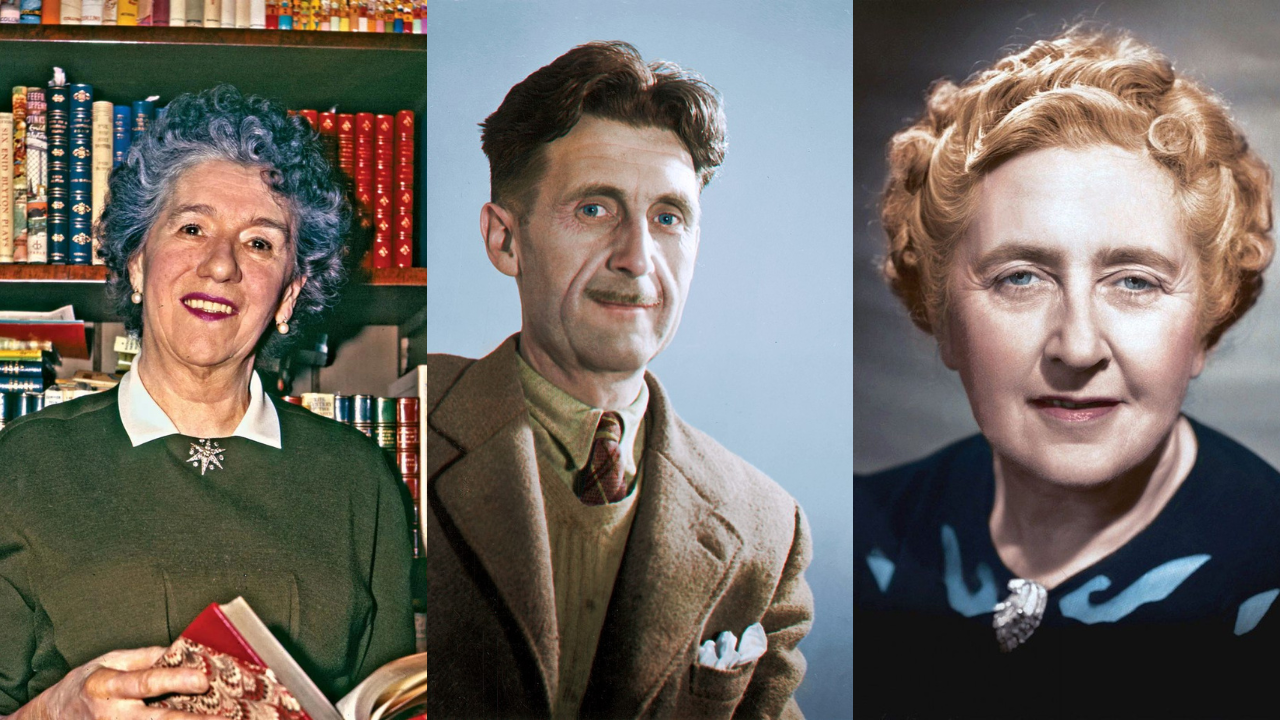Some abortion rules in Michigan, such as the 24-hour waiting period, were struck down by the court

The Michigan Court of Claims ruled Tuesday that health care workers who perform abortions are no longer required to follow certain rules and procedures that precede the abortion, such as a 24-hour waiting period.
Northland Family Planning, a family planning and abortion clinic with multiple locations in the Detroit metropolitan area, has filed suit against the state, claiming that the abortion rules outlined in MCL 333.17015 are unconstitutional – especially after Michigan residents voted to add abortion rights to the state constitution.
The law requires abortion doctors to perform the procedure only 24 hours after the patient has provided “informed written consent.” Abortion doctors are also required to give the patient various information at least 24 hours before the procedure, including the expected gestational age of the fetus, a description of what the fetus looks like, risks associated with delivery and abortion, and more.
The state’s citizens, brought in as “intervening defendants,” argue that the regulations do not burden or interfere with a patient’s access to an abortion, a now constitutional right in Michigan. However, the plaintiffs argue that these protocols provide no benefit to the patient and, in fact, create unnecessary risks, burdens and restrictions for patients and providers.
The court largely sided with the plaintiffs on Tuesday, saying that certain provisions of the law “clearly burden and impair the patient’s right to make and implement abortion care decisions.” Those provisions include the following (as worded in Justice Sima Patel’s opinion):
-
Providing information about the risks associated with live birth (if the medical procedure involves abortion).
-
Give patients illustrations and pictures of the fetus.
-
Providing patients with information about prenatal care, parenthood and adoption.
-
Offers the patient the opportunity to view images of all ultrasound examinations performed.
“This information distracts a patient from the decision to have an abortion by juxtaposing it with content that is clearly more relevant and appropriate for those seeking to complete a pregnancy,” Judge Patel’s opinion said.
The court also agrees with the plaintiffs that Michigan law “arbitrarily limits abortion providers to physicians.” Advanced practice clinicians (APCs), such as nurse practitioners and physician assistants, are not allowed to perform abortions under current law.
“Allowing APCs to provide some abortion services would dramatically increase the number of health care professionals available to those in need of care,” Justice Patel wrote. “The increased number of health care professionals would, in turn, increase access to abortion care for individual patients.”
However, there is one part of the law that should stand once a judge rules and can be enforced. This particular provision – known as MCL – Section 333.17015a – requires abortion providers to first screen a patient to make sure she is not being coerced into having an abortion and that she is not a victim of domestic violence. If providers find coercion, they must follow certain protocols, such as contacting Child Protective Services if the patient is under 18.
You can read Judge Patel’s entire opinion below.
Both Michigan Attorney General Dana Nessel, who was named as a defendant in the lawsuit, and Michigan Gov. Gretchen Whitmer welcomed the court’s decision on Tuesday. Nessel and Whitmer agreed with the plaintiffs and now the court that the protocols served as barriers to patients.
“Every medical procedure, including abortion, already requires extensive conversations between doctors and patients to ensure informed consent,” Whitmer said in a statement. “Removing the legal requirement for doctors to provide false, unscientific information will ensure they can talk to patients without using a script created by politicians and obtain genuine consent for medical procedures.”
Michigan voters went to the polls in 2022 and the majority of them approved a proposal to add the right to abortion to the state constitution, effectively overturning a centuries-old abortion ban in the state. The move came after the U.S. Supreme Court overturned its 1973 ruling in Roe v. Wade, which protected a person’s right to an abortion nationwide.
Since the overturning of Roe, states have been responsible for regulating abortion access and the practice of abortion. Some states have even banned abortion altogether. Although Michigan residents retained the right to abortion with their vote in 2022, Governor Whitmer repealed the state’s 1931 law banning most abortions in 2023.
A package of bills in Michigan to repeal restrictions on abortion care was signed in 2023 and took effect in early 2024. These laws repeal “politically motivated, medically unnecessary laws that criminalized nurses and doctors, forced health care providers to close, increased costs for patients, and restricted access to abortion,” according to the governor’s office.
—> Click here to learn more about the laws that came into force this year
Copyright 2024 by WDIV ClickOnDetroit – All rights reserved.



